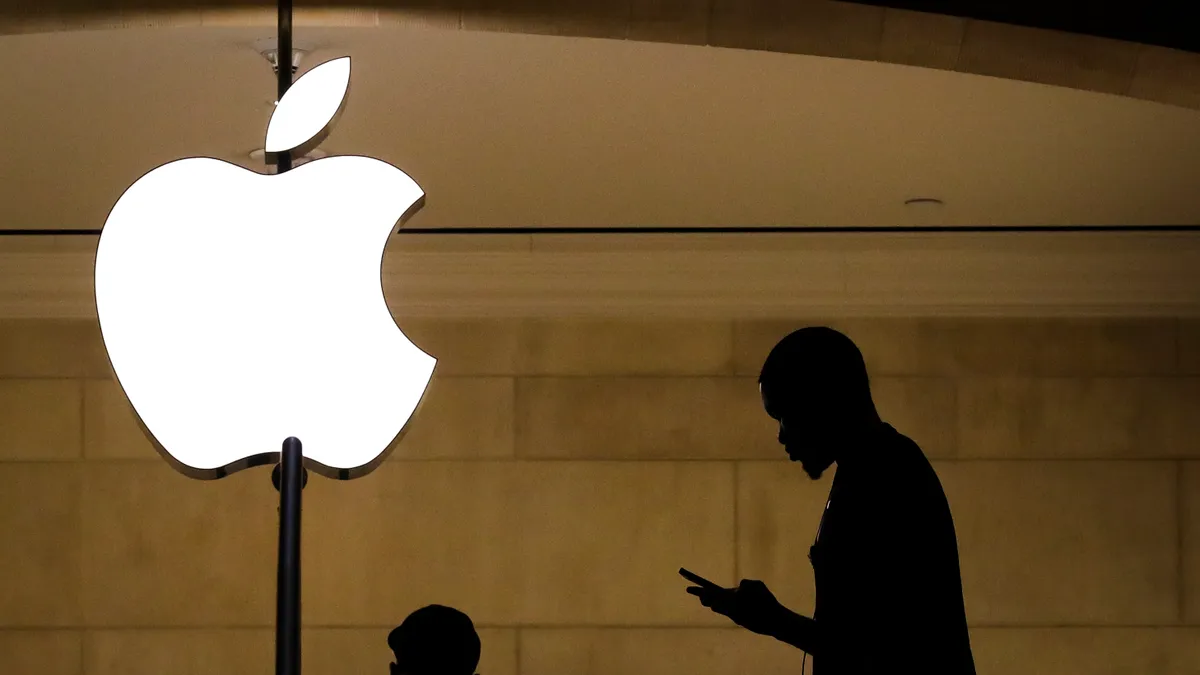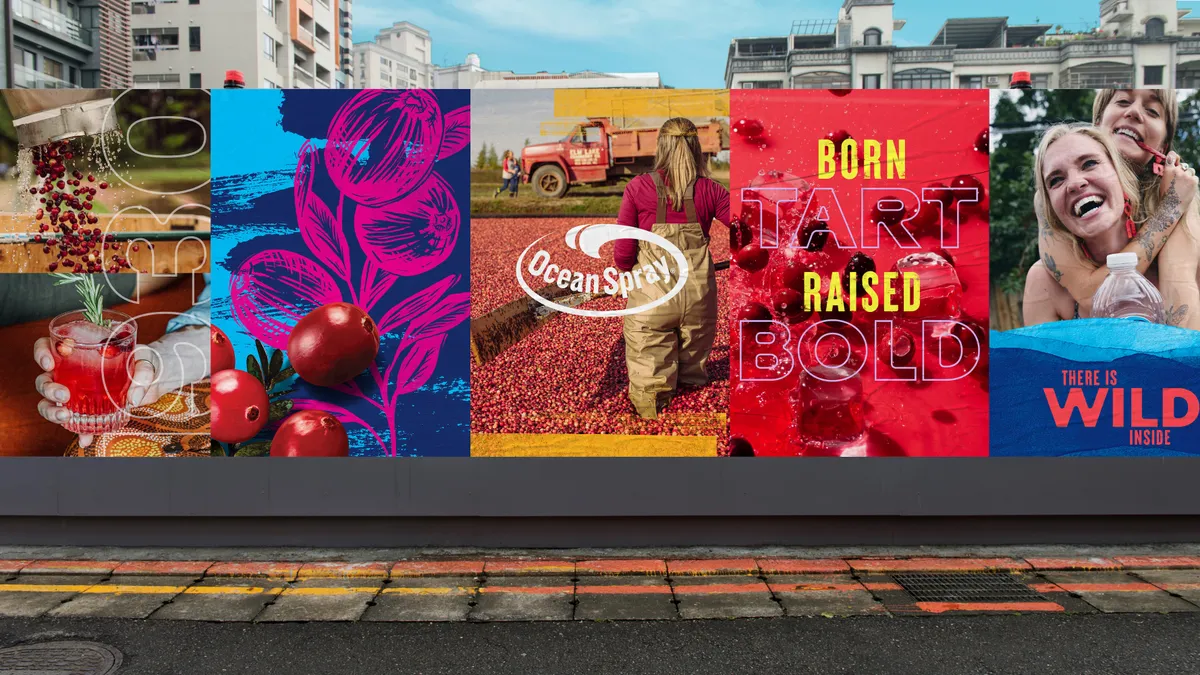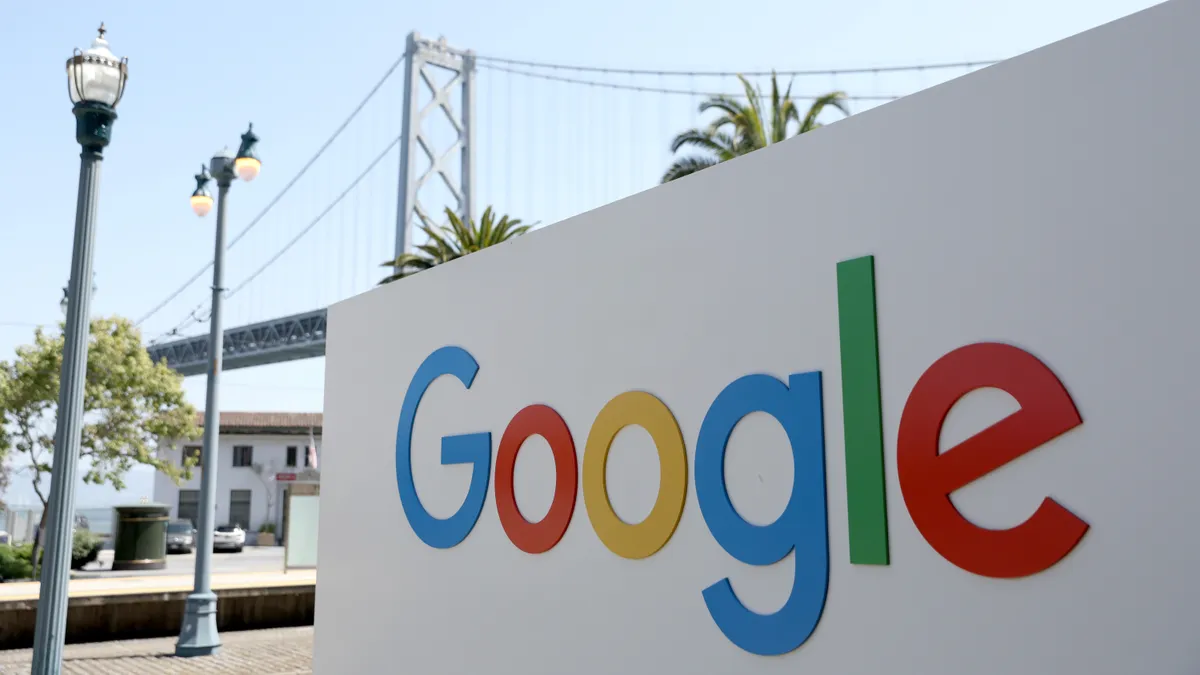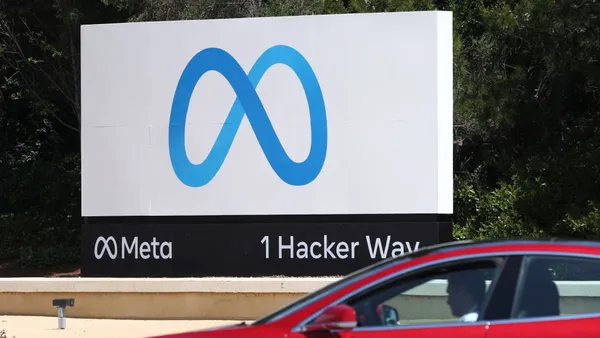Dive Brief:
- Apple unveiled a new App Store policy decreeing that paid social post “boosts” within platforms operating on iOS must be treated as in-app purchases, entitling the company to a 30% cut, per its updated guidelines. Such a move could heavily impact apps like Meta-owned Facebook and Instagram.
- Apple separately has expanded its App Store revenue streams with more capabilities for advertisers to market themselves on the service, adding new ad slots within the Today tab and on individual product pages.
- These developments represent Apple’s growing interest in scaling its advertising business, a strategy that comes at the cost of upping already stiff tensions between itself and Meta, which just reported its second consecutive quarterly revenue decline.
Dive Insight:
Apple’s latest advertising plays signal a clear intent to feed more revenue into its budding ads business, though they also further ramp up existing tension between itself and Meta.
With the new guidelines, which arrived under the radar, Apple now requires iOS-compatible social media platforms to register paid social media “boosts” — a tool used by advertisers to grow the exposure of their organic posts — as in-app purchases, allowing Apple to take a 30% cut. A spokesperson for Meta already slammed the decision in a statement to CNBC, claiming it’s “undercutting others in the digital economy.”
This marks the first time Apple has directly taxed advertising within iOS apps, but it won’t affect other platforms like TikTok and Twitter as much, since they already use Apple’s in-app purchase system for their boosted ads. But Instagram and Facebook have chosen not to do that in the past, which has sparked additional heat in the already stiff relationship with the iPhone maker. Apple’s maneuver essentially forces Meta’s hand on this front.
Apple’s 30% tax on boosted posts, as Meta put it, runs the risk of potentially undercutting businesses advertising on its social platforms, namely small and medium-sized businesses that rely on mobile apps to boost their organic posts.
“Suddenly, a 30% share of their ad spend is going directly into Apple's pockets, hitting their bottom line at a time when businesses are already facing strong economic headwinds — and they may not even be aware of the policy change,” said Ed East, founder and CEO of creative agency Billion Dollar Boy, in comments shared with Marketing Dive. The shift could cause such businesses to pull back on ad spend within those platforms, which could also decrease competition and bolster a favorable market for big business, he added.
Apple this week also announced it would expand its App Store media placements — an expected move — to offer more options to get in front of browsing consumers. Brands can advertise within the Today tab — often a consumer’s first landing point — and within other apps’ description pages as a “You Might Also Like” recommendation.
Upping the number of media placements in the App Store follows reports of Apple planning to place ad slots within Maps as well. Apple in its fiscal third-quarter earnings saw its services sector, which includes advertising, grow 12%. The company reports its fiscal Q4 earnings today.














